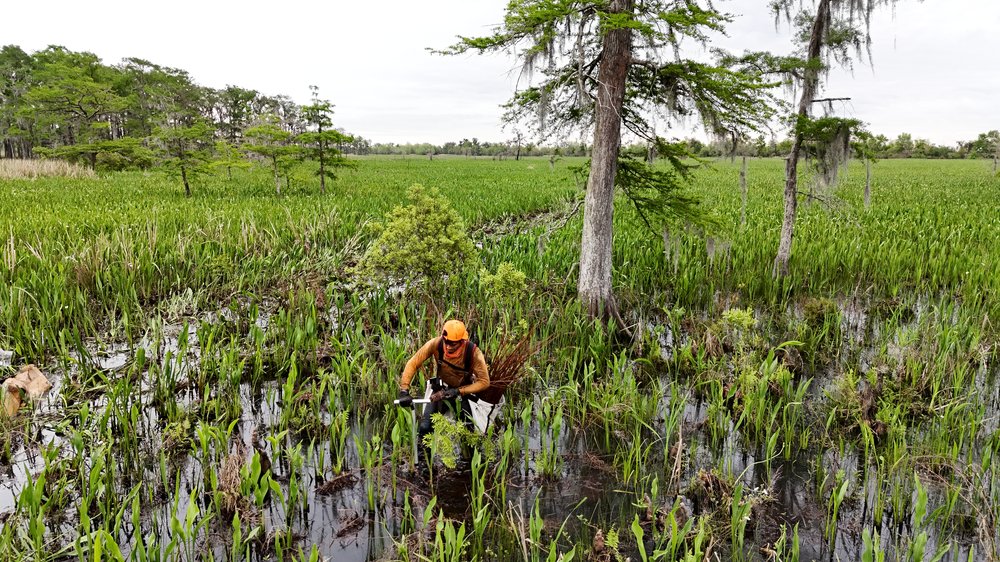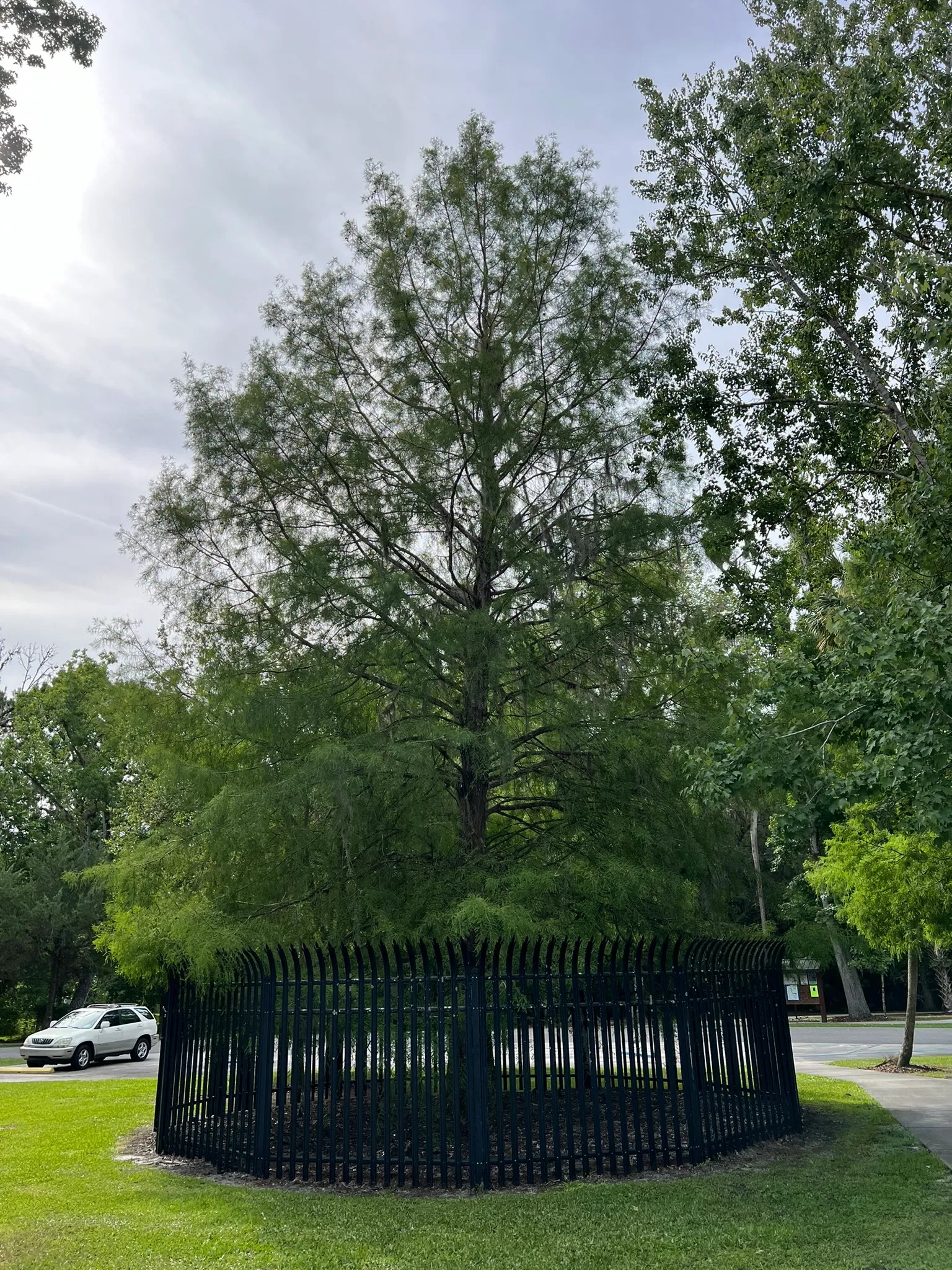Explore the Native Mayhaw Tree: A Fruitful Choice
The Mayhaw tree (Crataegus opaca) is a native fruit tree gaining attention for its adaptability and niche market potential. Tolerant of excessive moisture and thriving in the southern U.S., Mayhaws have been traditionally harvested from wild, boggy areas for their exceptional jelly-making qualities. Thanks to efforts by the University of Georgia, cultivated varieties now exist that grow on both wet and dry sites. While requiring some care similar to peach trees, Mayhaws offer less intensive management overall. They produce small, apple-like red fruits in May, which, though bitter raw, yield a highly prized jelly. This perennial tree, hardy in zones 5 through 10, also features beautiful white spring blossoms, making it an attractive specimen for fruit gardens and wildlife plantings.
Sizes Available
Wholesale Only
1 Gallon
$5.00
3 Gallon
$9.00
A Mayhaw tree branch displays its delicate white blossoms in spring, hinting at the prized fruit to come.
Scientific Name: Crataegus opaca
Common Name: Mayhaw
Hardiness Zones: 5 through 10
Height: To 40 feet
Spread: To 40 feet
Growth Rate: Not explicitly stated, but the text implies it’s not exceptionally fast.
Foliage: Spring sees the emergence of leaves alongside early spring flowers. Fall color is not prominently mentioned in the text.
Bark: Not extensively described in the provided information.
Sun: Full sun to part sun is suitable for Mayhaw trees.
Soil: Tolerates a range of soils including sand, clay, and loam; prefers acidic conditions and is tolerant of wet soils, but grows best in moist, well-drained soil.Wildlife Value: While less interesting as a direct wildlife food source compared to some other hawthorns, it attracts pollinators, especially native bees. It is also a larval food for the hummingbird clearwing and blinded sphinx moths.
Why Choose Mayhaw?
Tolerant to Wet Soils:
For fruit growers in areas with excessive moisture or waterlogged soils, the Mayhaw tree is a particularly tolerant variety to consider. It naturally grows in low areas with standing water for much of the year, making it a resilient choice for challenging locations.
Delicious and Prized Jelly Production:
Despite the raw fruit’s bitter taste, Mayhaws are highly prized for their ability to produce exceptionally flavorful jelly. This creates an opportunity for growers to tap into niche markets for fresh sales to jelly makers or to produce and sell their own value-added products.
Beautiful Spring Blossoms:
Beyond its fruit, the Mayhaw tree offers ornamental value with its beautiful white blossoms that appear in early spring, adding an attractive visual element to the landscape and attracting important pollinators.
Less Intensive Management Than Some Fruit Trees:
Compared to high-maintenance fruit trees like peaches, Mayhaws generally require less intensive management, primarily focusing on initial pruning, occasional fertilization, and pest/disease monitoring, making it a potentially easier option for fruit enthusiasts.
Environmental Benefits of Planting Mayhaw
This data is based on US Averages of healthy and mature trees over a 20-year period.
Check out the USDA’s MyTree Tool to input your custom location data.

CO2 Offset
A single mayhaw can offset the CO₂ emissions produced by driving an average gas-powered car for 3,012 miles.

Water Filtration
A single mayhaw can absorb enough stormwater to fill 405 bathtubs, reducing erosion, runoff, and supporting transpiration.

Removes Air Pollution
A single mayhaw removes as much air pollution as the weight of 38 smartphones.
Featured Projects
Central Florida Lands and Timber Nursery, LLC. is a wholesale nursery specializing in a wide array of Florida native trees. With an inventory of over 2 million container-grown trees, CFLTN, LCC can meet the needs of large-scale reforestation, mitigation, and landscaping projects throughout the Southeast region.
Phone
(386) 294-1211
Address
3087 North County Road 53 Mayo, Florida 32066








